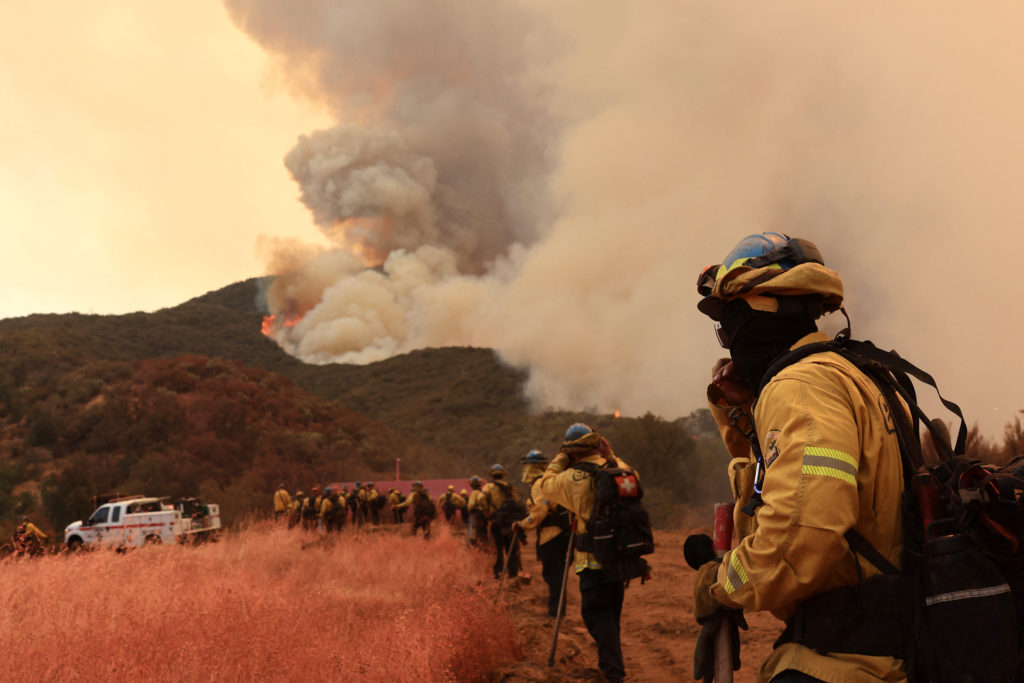The fire season in California is significantly expanding due to climate change, starting much earlier than in the 1990s—over 10 weeks earlier in some northern mountains. A study by researchers Gavin Madakumbura and Alex Hall analyzed fire records from 1992 to 2020, revealing that the typical summer fire season now begins one to two months earlier across the state.
Key factors driving this change include increased vegetation dryness, more ignition sources, and climate warming—particularly rising temperatures that accelerate snowmelt and vegetation drying. Northern mountainous regions are especially vulnerable due to their sensitivity to snowpack changes, leading to a quicker onset of fire conditions.
The findings indicate that unless climate trends change, these early fire seasons are likely to continue, increasing wildfire risks not just in California but in other North American fire-prone areas as well. The study highlights the need to differentiate between natural climate fluctuations and human-driven climate change effects on wildfire timing.
Source link


